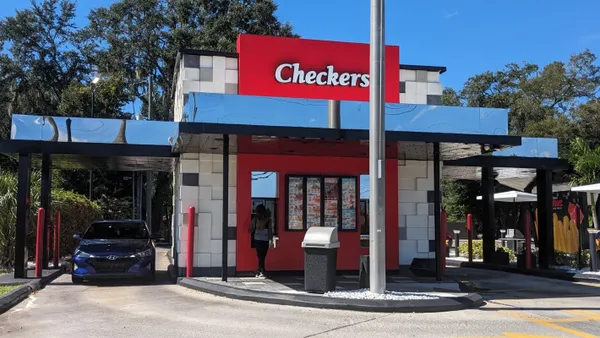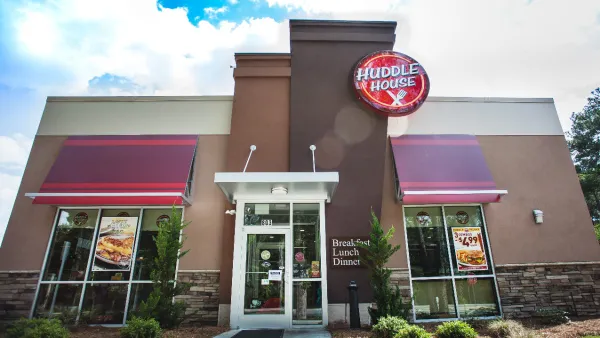Dive Brief:
- Charles Watson, who led Tropical Smoothie Cafe for more than six years and shepherded it through its acquisition by Blackstone, is joining Smalls Sliders as CEO, according to a press release emailed to Restaurant Dive.
- The 24-unit chain is small but growing, with around 350 locations in development, the company said in the press release.
- Watson will focus on franchisee profitability and strategic expansion at the brand, per the release.
Dive Insight:
While small in absolute terms, Smalls Sliders’ growth rate mirrors some other QSR chains that expanded quickly in post-pandemic years, like Dave’s Hot Chicken. The brand’s unit count has increased exponentially since 2021, when it had a single open outlet. Smalls hit six stores at the end of 2022, and 11 at the end of 2023.
The chain was founded in 2019 by Brandon Landry, then-CEO of Walk-On’s Sports Bistreaux, a post he held from that brand’s founding until 2023.
Because of the youth of the brand, it’s difficult to get a sense for its unit economics; there were only six restaurants open for more than a year in item 19 of the chain’s 2024-5 franchise disclosure document, with sales ranging from $989,318 to $2,640,998.
Landry said Waston’s experience with Tropical Smoothie Cafe made him a natural candidate for leading an early growth brand.
“His proven ability to scale restaurant concepts while maintaining quality and culture is exceptional,” Landry said. “What impressed me most is his genuine commitment to the success of both franchisees and team members—qualities that align perfectly with our brand's values.”
Tropical Smoothie Cafe eventually sold at a $2 billion valuation. Before Watson led that brand as CEO, he led its franchising program and was responsible for selling over 800 franchises, according to a press release announcing his appointment as Tropical Smoothie CEO. But replicating that growth success could be more difficult at Smalls, given the relative saturation of the burger market and dramatic growth headwinds facing restaurants — ranging from high interest rates to tariffs on ingredients, construction materials and equipment.














